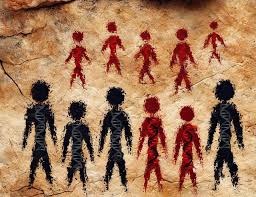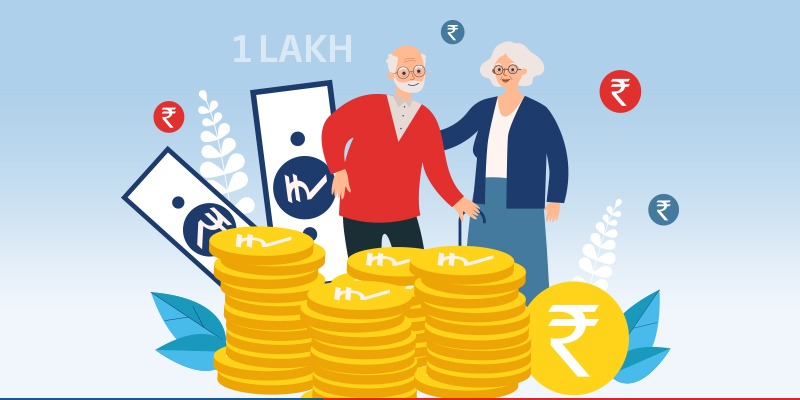 Image Source: SciTechDaily
Image Source: SciTechDaily
Scientists have traced India’s population history back tens of thousands of years—and the details are pretty incredible. The country’s largest-ever genome study has revealed how ancient migrations, interbreeding with now-extinct human relatives, and evolving cultural practices shaped the DNA of modern Indians.
Key highlights:
- Nearly all Indian ancestry can be traced to a single out-of-Africa migration around 50,000 years ago.
- Those early humans mixed with Neanderthals and Denisovans. In fact, Indian genomes now show the most Neanderthal variation outside Africa.
- Around 10,000 years ago, there was significant mixing with Iranian farmers and Central Asian herders.
- Then, about 5,000 years ago, endogamy (marrying within one’s group) became more common, which likely caused genetic bottlenecks and increased some inherited health risks.
The study looked at the entire genome of over 2,700 people from across India’s diverse communities. Researchers found rare, community-specific variants tied to diseases like congenital hearing loss and even how people respond to anesthesia.
But here’s the kicker: Indian DNA helped reconstruct nearly half the Neanderthal genome—far more than previous studies. It’s clear that India isn’t just a country with rich history and culture, but also a living archive of human evolution.
This kind of research could make a big difference in personalized healthcare down the line, especially in diagnosing and treating genetic disorders specific to Indian populations.
Source: News-Medical, Berkeley News, ScienceBlog
Advertisement
Advertisement







